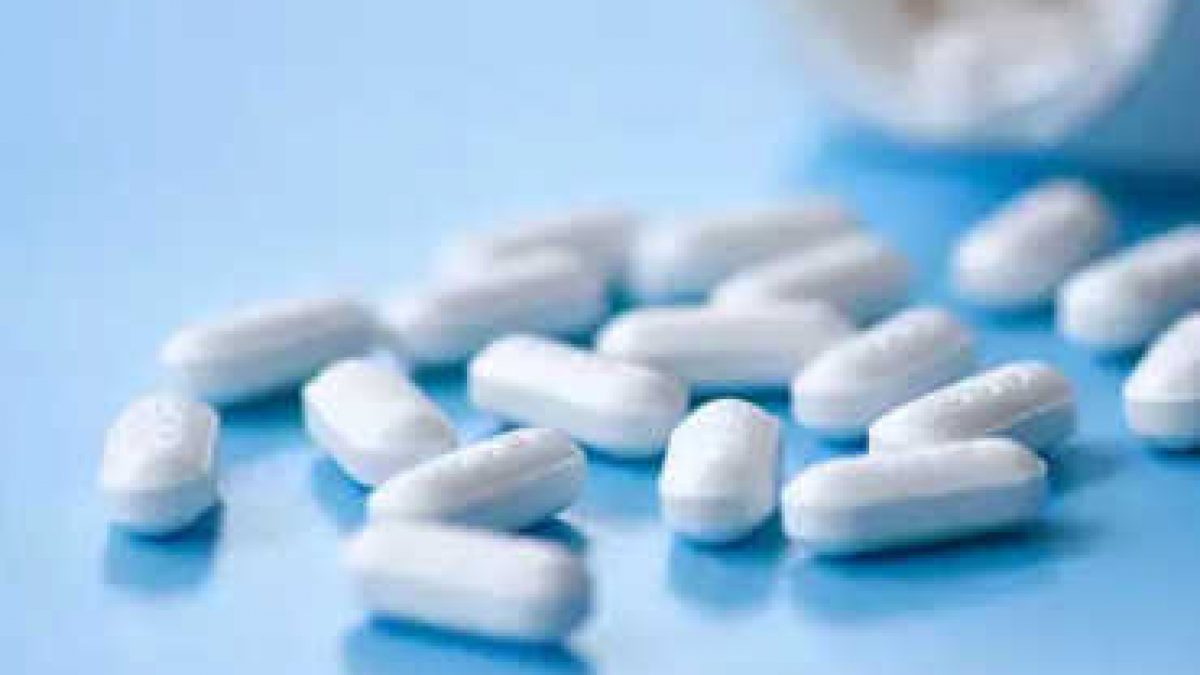Early findings from Phase-3 studies showed that Merck and Ridgeback Biotherapeutics’ antiviral medication molnupiravir reduced the odds of hospitalisation in COVID-19 patients with mild or severe illness, according to a press statement issued on October 1.
Placebo trials entail testing a medicine on thousands of people, with some receiving the medication and others – the placebo group — not. In the placebo group, 53 patients (14% of the total) were hospitalised or died, whereas in the medication group, 28 patients (7.3%) were hospitalised or died from the infection.
After 29 days of monitoring, no deaths were observed in molnupiravir-treated individuals, compared to eight deaths in placebo-treated patients.
These are promising findings, according to several prominent physicians, and what’s even better is that molnupiravir is a tablet, unlike other COVID-19 medicines that must be taken intravenously.
Remdesivir’s manufacturer, Gilead Sciences, has just revealed better statistics on the efficacy of their treatment in mild to moderate COVID-19 patients, compared to previous year, although it remains an intravenous medication.
While the low rates of hospitalisation are encouraging, there is still a lot to learn about molnupiravir. Complete phase-3 trial data is forthcoming, as is a publication in a peer-reviewed medical journal that will describe the study’s procedure in sufficient detail to inspire more trust among practitioners and drug regulators worldwide.
The company will shortly submit data to the US Food and Medication Administration for evaluation, and the drug might be authorised for emergency use authorization after that. So far, its greatest strength is that it is a tablet that may be taken as part of a five-day routine.
Only individuals with mild-to-moderate COVID-19 who started therapy within five days of testing positive and had at least one risk factor that elevated their chance of severe illness have been studied thus far with the medication. Obesity, advanced age (>60 years), diabetes mellitus, and heart disease are among them.
Another plus is that the phase-3 study, which was supposed to enrol 1,500 patients to evaluate the medication’s potency, was terminated early by an independent data monitoring committee because the results were so promising that it would be immoral to keep the drug from being more freely available.





